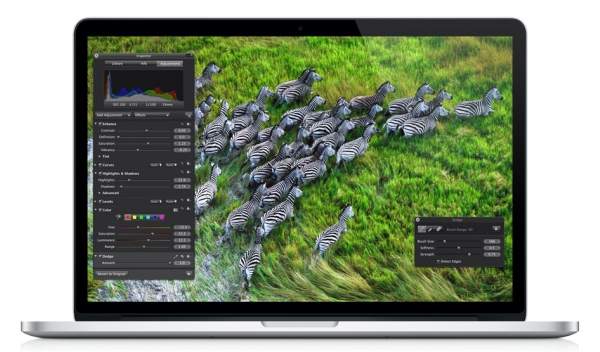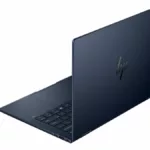A recently published report confirms that Apple is still interested in moving its Mac product line from Intel x86 chips to RISC-based ARM processors.
According to Bloomberg, such a paradigm shift would be difficult and isn’t imminent, “though it would allow Apple to further distinguish its laptops and desktops from competitors that run Intel’s chips and Microsoft’s Windows software.”

ARM chips currently power Cupertino’s lineup of iOS devices, and as AppleInsider’s Neil Hughes points out, the company previously differentiated its Mac lineup from Windows PCs by utilizing PowerPC chips built by IBM.
However, in 2005 Apple announced it would be switching all of its Mac hardware to Intel microprocessors. The transition was complete by August of 2006, and starting with OS X 10.6 Snow Leopard in 2009, support for legacy PowerPC Macs no longer existed.
Interestingly, the above-mentioned Bloomberg article seems to confirm a recent report by Charlie Demerjian of SemiAccurate which asserted that Cupertino remains determined to switch architecture gears.
“In the end, Apple is moving all [its] hardware and software to an iDevice paradigm,” Demerjian wrote in analysis posted on the site. “That paradigm progressively moves up the performance ladder, mapping software aside and the bits already above that baseline already are being sanded down bit by bit.”
According to Demerjian, the delay can primarily be attributed to the lack of a viable 64-bit ARM CPU.
“Nvidia was promising the financial analyst set that they would have a 64-bit Denver out in the market by Q4 of this year, and be the first 64-bit ARM chip on the market. We scoffed. Nvidia was promising the impossible to Wall Street, and internally there was no question that they knew it was impossible,” he explained. ”In the intervening year and change, it has become quite clear that any realistic ARM64 based phone SoC, be it the stock ARM or custom V8 ISA, will not be out in that time frame. Estimated targets of mid to late 2013 are now firmly in 2014, but work continues at a very fevered pitch.”
Demerjian also pointed to Apple’s fab difficulties as another reason for the delay. To be sure, TSMC tapeouts have “fallen flat,” and A6 is still being made at Samsung, despite the fact that both industry heavyweights are locked in a protracted patent battle.
“Silicon fabrication is a really thorny love/hate relationship that neither can afford to break out of despite a burning desire to do so… [So] until Apple can come up with a foundry partner that will provide both the quantity and quality Apple needs, an ARM64 core for MacBooks is not a viable option. That said, there is still time, and a lot of deals are being made in the dark corners of the foundry world,” he added.






